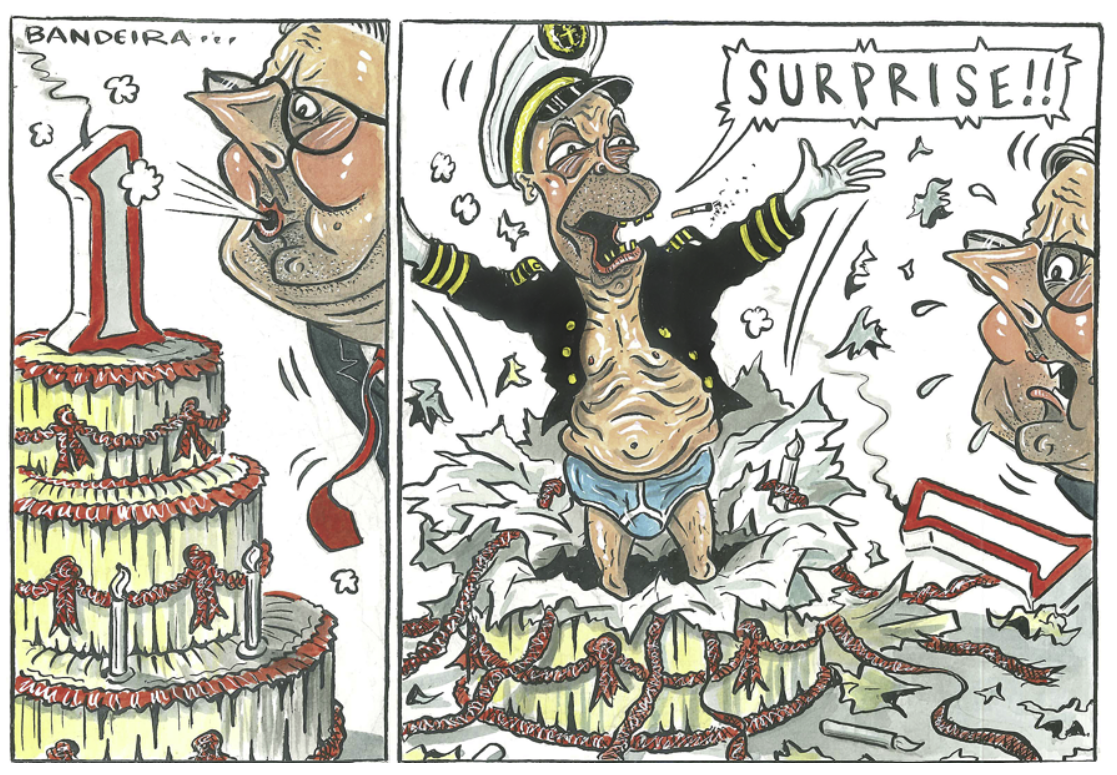
Rob Parsons, Editor of The Northern Agenda newsletter published by Reach plc asked us for a comment on the first year of Keir Starmer’s Government and what it has meant for the North. Our Chairman John Stevenson commented:-
“With such a huge majority we expected a confident government with a thought through plan for the future. The reality has been remarkably different with many basic errors being made both politically and economically. This is not good for the Trye North as there is a danger confidence ebbs away from the government at a time when we need firm action particularly on the investment front. Vital that the government now gets its act together in the interests of our region”.
Steering Group member William Clouston, Leader of the SDP added ““Labour has made the worst start of any government in living memory – and it’s costing our region dearly. A new administration always has the opportunity to instil confidence and look forward with plans of investment and innovation. Alas, Labour did the exact opposite. Starting with downbeat rhetoric about fiscal ‘black hole’ and leading on to a crude tax grab which disincentives job creation the net effect of Labour taking over has been a chilling of business confidence. Virtually all current commercial surveys – from the CBI to reports from True North’s business networks – show falling business confidence. Against such a negative backdrop it is difficult to see investors allocating the new capital upon which economic growth depends.
Whether it concerns welfare reform, housing or border control the public is finding out the hard way that Starmer and Reeves are better at devising slogans than implementing actual plans. Like almost all of the cabinet colleagues they both lack serious commercial experience – and it shows. The botched Welfare Bill is just the most recent example of Labour’s incompetence – a bill intended to save money but which will cost billions more in additional public spending and consequent debt.”
